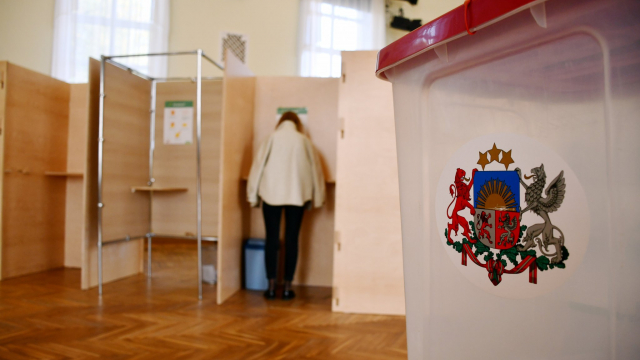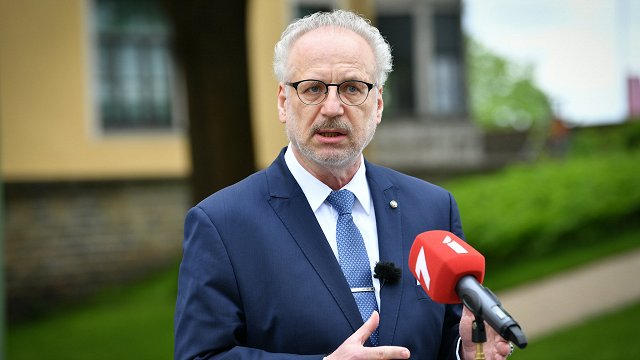However, if you'd like to explore the results and what they mean in more detail, a newly-published study in English provides an excellent examination of the subject taking into account recent regional reforms, the "'Covid-19 factor" and multiple other aspects.
Written by Daunis Auers, who is Associate Professor of Comparative Politics at the University of Latvia, the report runs to ten pages and makes some interesting conclusions. He is also the president of the US-based Association for the Advancement of Baltic Studies and author of Comparative Politics of
the Baltic States (published by Palgrave Macmillan in 2015).
The report is published by the Friedrich-Ebert-Stiftung and is available to read and download at: https://baltic.fes.de
"Politicians have brushed-off the record-low electoral turnout of 34% as nothing more than public reaction to
the risk of Covid-19 infection. However, coming after a historically-low turnout in the 2018 parliamentary election, it continues a worrying and persistent trend of voter disengagement from politics," writes Auers.
"The biggest losers in the election are the For! half of the Development/For! parliamentary alliance which won just 10 local government seats (in contrast to the 84 won by Development) and the New Conservative Party which failed to win a single seat in half of the 35 municipalities it contested. Both will be concerned about what awaits them in the October 2022 parliamentary election," the report concludes.





























